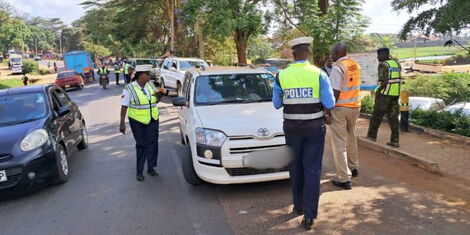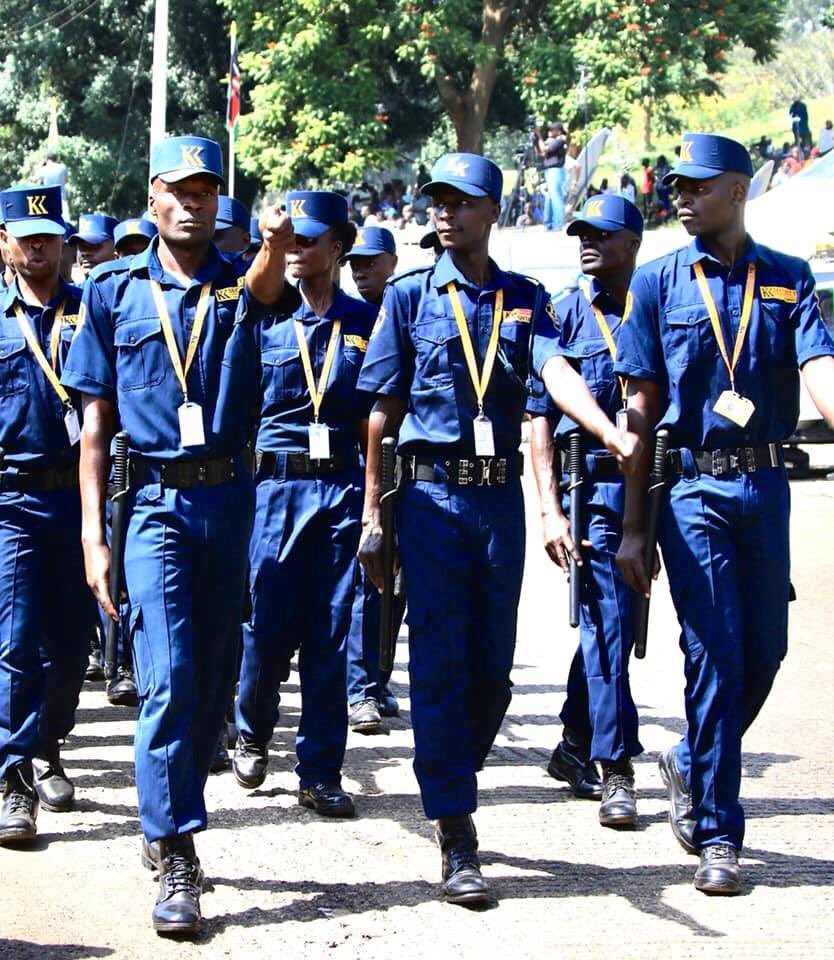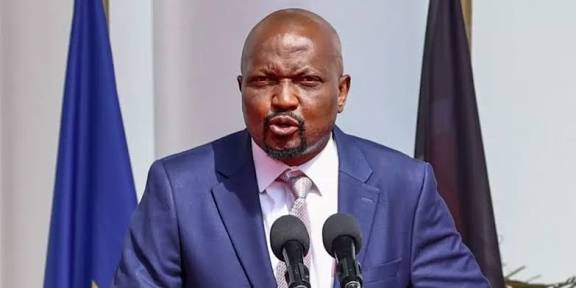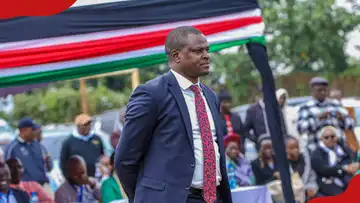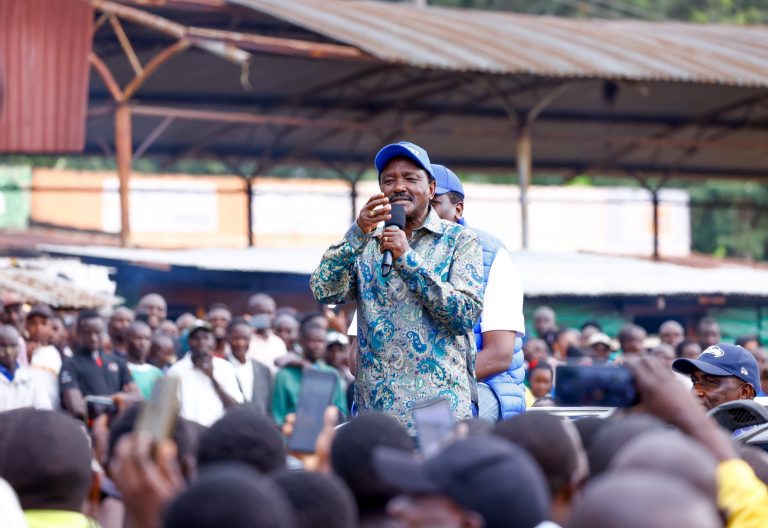
The mystery surrounding the wave of abductions targeting young men in Kenya deepens as conflicting narratives emerge, leaving the nation in fear and uncertainty. Despite the recent recovery of five missing individuals, including renowned cartoonist Gideon Kibet, the masterminds behind these troubling incidents remain unidentified.
Victims have been reluctant to share details about their captors, and law enforcement agencies have denied any involvement. Former Deputy President Rigathi Gachagua, however, has alleged the existence of a covert group operating from a Nairobi skyscraper and led by an individual he only identified as “Abel,” supposedly linked to a senior government official. Gachagua warned that he would reveal more details if the unit is not dismantled.

Human rights organizations and activists have condemned the rising cases of abductions, which they claim disproportionately target government critics. A state-funded rights body reported over 80 cases of enforced disappearances in the past six months, with the trend intensifying after AI-generated images of President Ruto in a coffin circulated online.
Kibet Bull, known for satirical content critical of the government, was among those released. He reported being dropped in Luanda, far from where he was last seen, and claimed to have attended a local disco immediately after his release. Other victims, such as student Billy Mwangi and Peter Muteti, returned home traumatized and disoriented, unable to recount their ordeals.
Amnesty International and other advocacy groups have called on the government to ensure the immediate release of all abductees and bring the perpetrators to justice. Meanwhile, police have maintained their innocence, attributing the abductions to unidentified individuals in plain clothes.
President William Ruto has promised to end the abductions, urging parents to play a greater role in their children’s upbringing while emphasizing the need for discipline. However, rights groups remain skeptical, linking the disappearances to a clandestine security unit.
As investigations continue, public outrage grows. The Kenya National Commission on Human Rights reported 82 cases of abductions since mid-2024, with a sharp increase in December. The Law Society of Kenya has filed a legal case against the government, demanding the release of abductees and accountability for these incidents.
The Director of Public Prosecutions, Mulele Ingonga, has ordered police and oversight authorities to provide updates on investigations, highlighting the state’s constitutional obligation to protect its citizens’ rights to life and security. However, as parents and activists intensify pressure, the nation anxiously awaits answers to the troubling question: who is behind these abductions?


